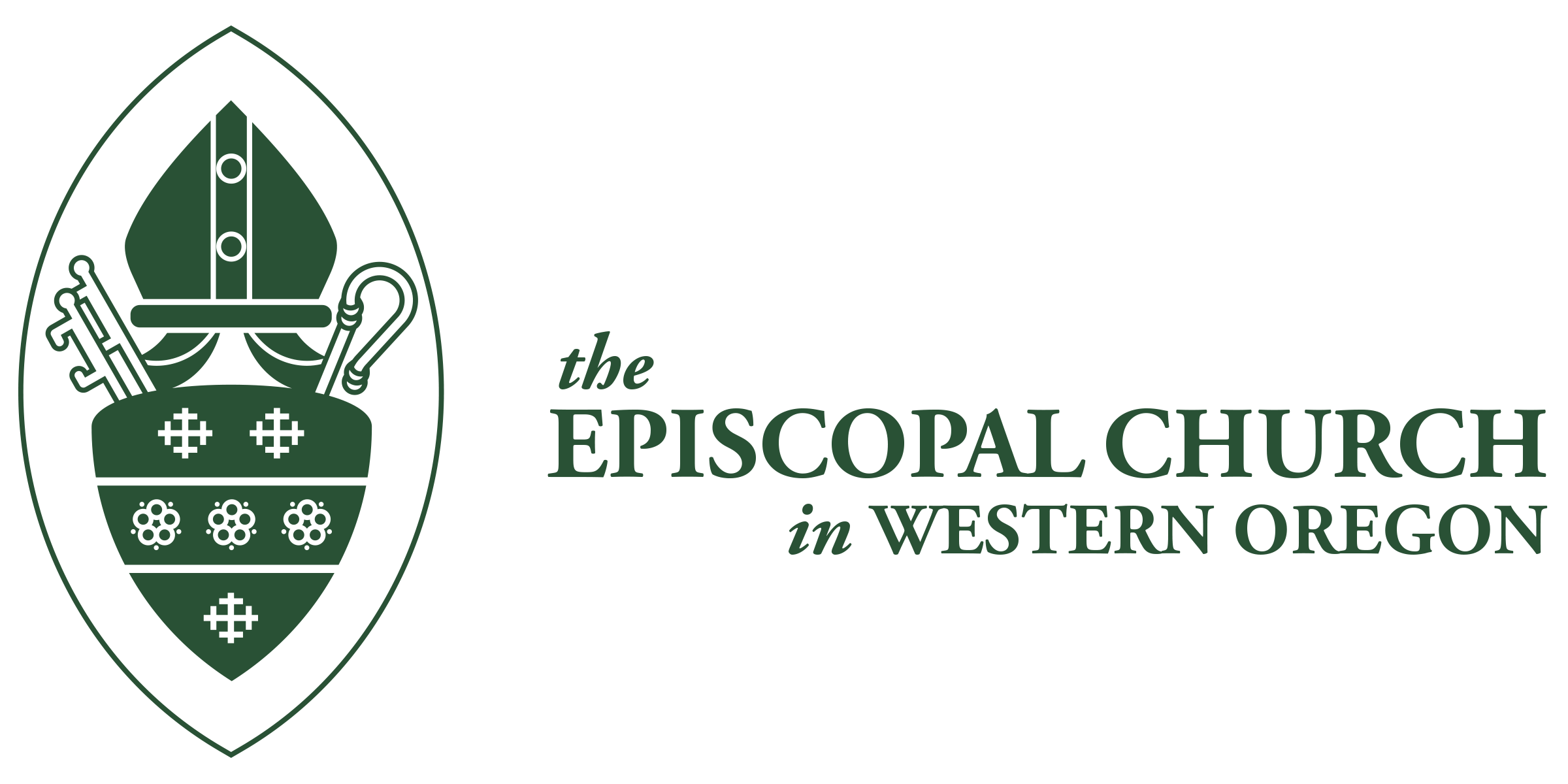Grants & Loans
There are multiple grants and loans available to individuals and faith communities from The Episcopal Church, the Board of Trustees, the Episcopal Bishop of Oregon Foundation (EBOF), and others.
Please inform the bishop if you or your faith community apply for an external grant.
Diocesan Grants
Empty
Board of Trustees Grant & Loan
Episcopal Bishop of Oregon Foundation (EBOF) Grant
Thanksgiving Offering Grant
Pentecost Offering Grant
Episcopal Church
Grants & Loans
Empty
Episcopal Church Building Fund Loans
Episcopal Church Grants & Scholarships
Episcopal Church Women Grants
Historical Society of the Episcopal Church Grants
RESOURCES FOR GRANT WRITING
Tips for a successful grant proposal:
- Carefully read the instructions and follow the directions;
- Research and include any data from your work in your proposal;
- Share your story and goals authentically;
- Highlight any potential challenges of your project;
- Check grammar and spelling;
- Have an external reader look over your proposal;
- When possible, use the same language the application used;
- Provide an aligned budget and project timeline;
- Set SMART goals. (SMART = Specific, Measurable, Attainable, Realistic, Time-bound);
- Specify how you will evaluate your project.
What funders look for in a proposal:
- It aligns with the organization and grant’s goals and mission;
- The objective of the proposal is easy to read;
- The timeline and budget are realistic;
- Can be replicated or sustained with other sources of funding;
- It is data-driven and can be shared as a success story.
Outline of a grant proposal:
- Abstract/Summary
- Statement of Need
- Project Activity, Methodology, and Outcomes
- Evaluation Process (if required)
- Findings Dissemination
- Budget and Sustainable Funding Plan
Supplemental documents to include:
- Information on your Board of Directors (if applicable)
- Resumes/Bios of staff involved with the project
- Audited Financial Statements
- Most recent IRS 990 Tax Filing
- IRS W-9 Form
- Support Letters from Partners
Source: The Diocese of Northern California.
